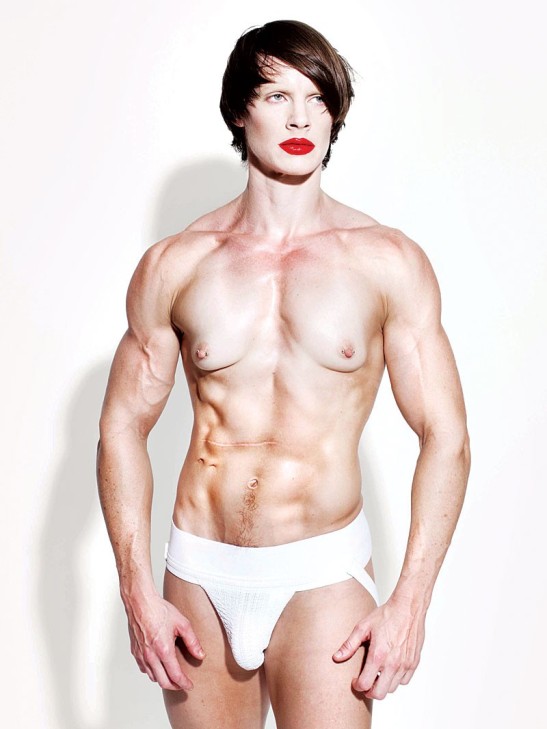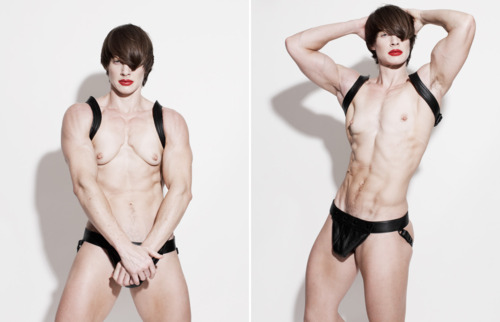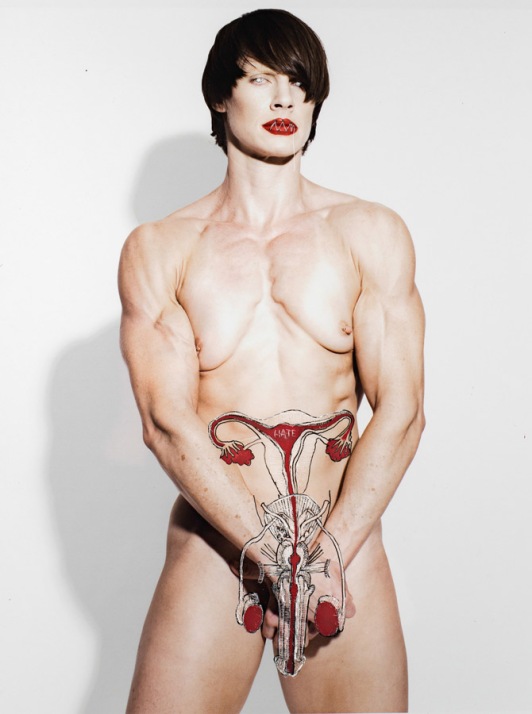MODO DE VOLAR
And He was asking him, "What is your name?" And he said to Him, "My name is Multitude; for we are many."
On what it means to be a woman.
On the question of what it means to be a woman, some radical feminists were quite categorical: womanhood is a form of oppression, it is a condition of subjection and exploitation, the lower position in a binary of power. Monique Wittig particularly comes to mind. She applied dialectic materialism to sex-gender, and by doing so realized that the dialectic aspect of it had to be overcome if one was to equate both patriarchy and capitalism as systems of oppression. She understood that women are to men as the proletariat is to the bourgeoisie, that one only exists insofar as the other does. And in her search for the conditions and destruction of these classes, it is hers the proclamation that would become famous as one of the strongest claims on the relation between sex-gender and sexual behavior: from a social, economic and political point of view, lesbians are not women.

We owe hugely to this/these marginal lesbian bodies (they were certainly not simply ‘thinkers.’ Descartes was a thinking thinker, Wittig was fucking thinker!) Borrowing from Marx’s thought, they fought the conceptual liberalization and individualization of oppression by focusing again on its system, instead of its isolated expressions. They fought a tendency that wanted to give meaning to sex without gender, and to gender without sex. And they never gave up on constructing an approach that would be useful for more than just a form of exploitation and dominance (and if some of their all-encompassing efforts were misdirected, they also yielded amazingly important results).
Although these are rough historical cuts, there is also a clear line of thought that joins Wittig and some of her companions (Dworkin for example) to what are today known as Trans Exclusionary Radical Feminists, TERFs for short. The nomenclature tell us of their tendency to disrespect trans knowledges and voices. But also of the easiness with which perspectives that go beyond self-attributing identities and the individualization of gender are discarded. I’ve met amazing activist and trans people who use the term (and ‘their’ TERFs are generally obnoxious people), but there is no part of the movement that loves the term TERF more than those who claim the essentialist nature of transexuality, and who want transexuality to be seen in the famous hall of assimilation, normalcy and Nature.
For these kinds of radical feminism being trans must, of course, be a form of alienation. Why else would a man want to become a woman, given the second is just a condition of exploitation? And historically the problem has been mainly with trans women precisely because of this (just take a look at The Transsexual Empire). Feminist emancipation must equate to the destruction or decomposition of the ‘woman’ class, and those who wish to become such class cannot be aware of what it means.
How to articulate a reading of systemic oppression and exploitation of a certain class with the legitimacy of voices and desires who want to become that same class? The answer, for some of us, comes from a reading of power which does not imagine it as purely vertical, as merely dual, but more intricate and constitutive (surprise, surprise, this story is mine, it had to end with postructuralism xD). Women are not only subjected in the sense that they are exploited in a system of dominance; they are also subjected in the sense that they are created as subjects, as women. More importantly, men are also a product of this subjection. As Paul Preciado writes, we took long to conclude that ‘one is not born a woman, but rather becomes one’ and that ‘lesbians aren’t women,’ but even longer to understand that a man is also not born as such, and that faggots are also not men. We needed queer theory to dethrone ‘man’ or even ‘masculinity’ as either the goals of feminist emancipation or the result of assimilation, and to turn the gaze not only to the construction of the queer subject, but also to the normal one.


bell hooks, on her hand, writes that “The first act of violence that patriarchy demands of males is not violence toward women. Instead patriarchy demands of all males that they engage in acts of psychic self-mutilation, that they kill off the emotional parts of themselves.” She’s right; which comes not only to testify for the project of male subjection, but also to elucidate the reasons why one might want to become a woman (besides the paternalistic ‘alienation’ and ‘conspiracy against feminist’ justifications).
I have now spent a large part of my adult life becoming-woman. I started by wearing skirts, then make-up, and now I occasionally use a bro. Contrary to what my parents feared, this does mean I want to become a woman; although it might mean something worse. It means that I find freedom and emancipation in the acts which go against the iterative performance I’ve done all my life, the performance of being a man. It means that exploring my becoming-woman has given me the opportunity to feel, do and experience things that I otherwise wouldn’t in this strict regime of the sex-gender binary. It also means that I have become a feminist neither as a woman nor simply as a mere ‘ally’ (what a dreadful word). I’ve become a feminist because the men in me, as the women, are constructed and maimed by patriarchy. And because I’ve understood that my deviant gender expressions – even those which have become somewhat acceptable, as homosexuality – are not separable from the feminist struggles and are certainly not part of a different agenda.
(I wanted to write shit loads of more stuff, and maybe i will do tomorrow. but it’s now 5 am and i can’t even think straight. ba dum tss.
the pictures are from Cassils’ amazing body modification artistic project – or gender/sex-reperformance)
